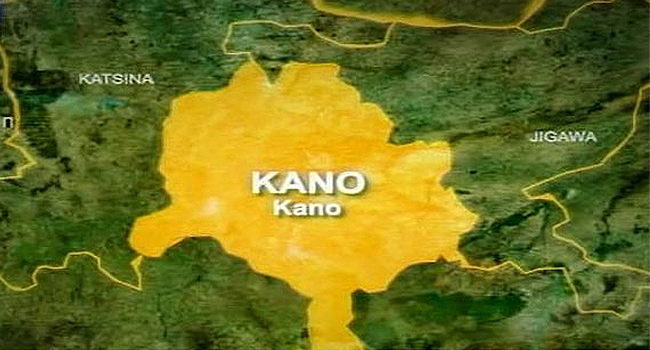In a significant stride towards improving sanitation and hygiene, 26 Local Government Areas (LGAs) in Kano State have been validated as Open Defecation Free (ODF), with eight LGAs certified.
This achievement is a testament to the collaborative efforts of the Kano State Government and UNICEF’s Water, Sanitation, and Hygiene (WASH) program.
“The availability of safe and hygienic toilets plays a crucial role in ensuring safe and healthy communities. One gram of human waste can carry millions of harmful bacteria, viruses, and parasites. These pathogens spread through air, water, flies, and animals, contaminating our food and water sources and endangering our health, UNICEF.”
At the heart of this success story is Dawakin Tofa Local Government Area, comprising 493 communities with 11 wards, all of which have attained ODF status.
Hamza Ibrahim, Deputy Head of the Department of Water Sanitation and Hygiene, attributes this achievement to the WASH program’s trigger method, which has positively influenced community behaviours.
“The change in my people’s behaviour, especially in their environments and households, is truly appreciable.
“Attaining defecation-free status wasn’t easy, but follow-up training and stakeholder involvement made it possible.”
Safina Magaji, a resident of Maratai Ward, echoes Hamza’s sentiments.
“We’re grateful to UNICEF for supporting our government. The toilets constructed have helped address problems of cholera and other fatal illnesses. We no longer defecate in the bush; instead, we use toilets with handwashing facilities in our homes.”
The WASH program has empowered local households to practice hygiene and maintain a good environment.
Through home visits, WASH members provide counselling services and create necessary facilities that educate communities on essential good health practices.
The key components of the WASH program include community engagement. Trained Community Engagement Focal Persons (CEFPs) promote male and female involvement and community participation in WASH services.
Toilet Construction, Toilets with handwashing facilities have been constructed in every household in Dawakin Tofa.
Khadija Hussaini, a mother of five and WASH program beneficiary, attests to the program’s impact. “I’ve gained a lot from this practice. I now use my toilet at home and wash my hands with soap. Even children ask for soap to wash their hands.”
The community head of the Dawakin Tofa, Muhammad Ubale Danjuma, hinted that Khadijah’s activities as a beneficial WASH practice have had a tremendous impact on the attitudes of parents regarding good practices of health care for children and the household.
Sharing a similar experience, a religious leader in Dawakin Tofa, Yusuf Muktar Imam, in charge of a community in the LGA, said he visits at least 6 households weekly for follow-up.
“It is amazing that I was able to impact a significant number of people in my community who now take care of their immediate environment,” Imam said.
The Kano State Government and UNICEF’s partnership has not only improved sanitation practices but also strengthened community systems.
Hamza Ibrahim noted, “WASH-Com has continued to monitor and strengthen households to ensure that no one misuses the toilets.”
This remarkable achievement serves as a model for other communities, demonstrating the power of collaborative efforts in promoting good health practices and improving living conditions.


Comments are closed.